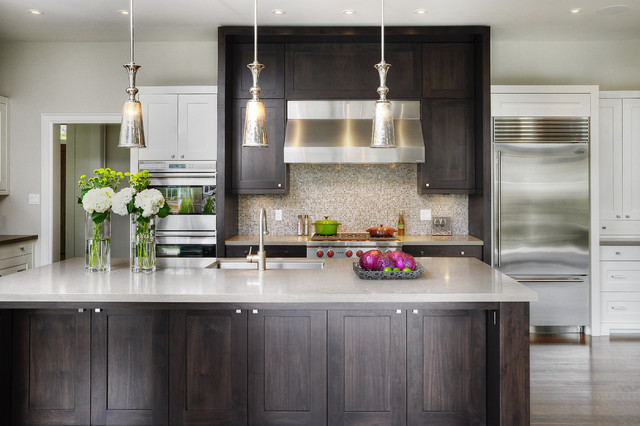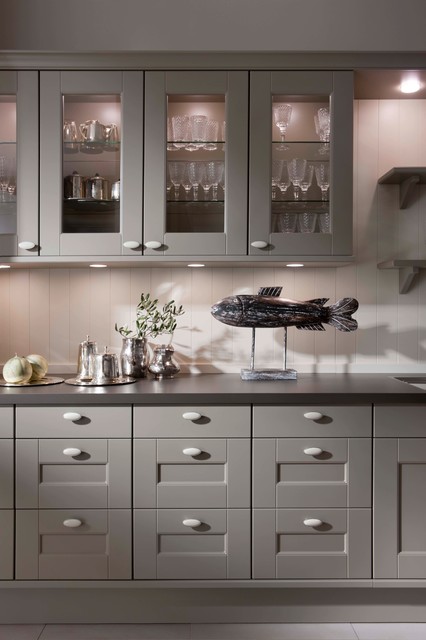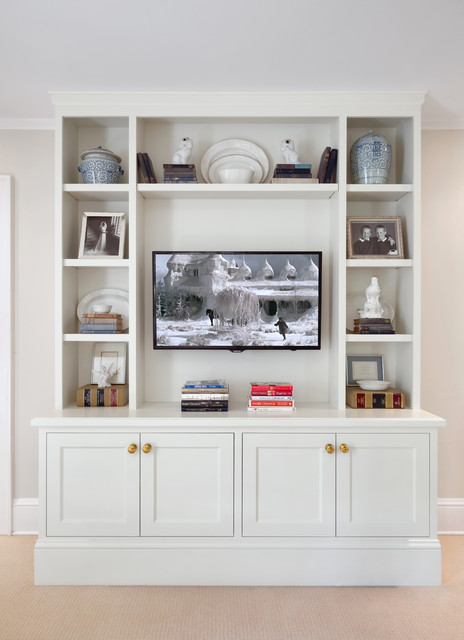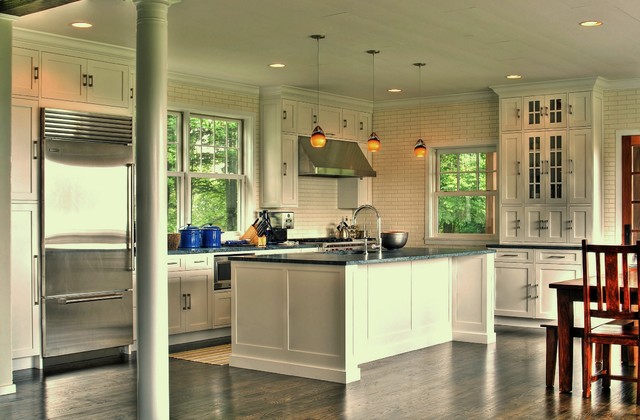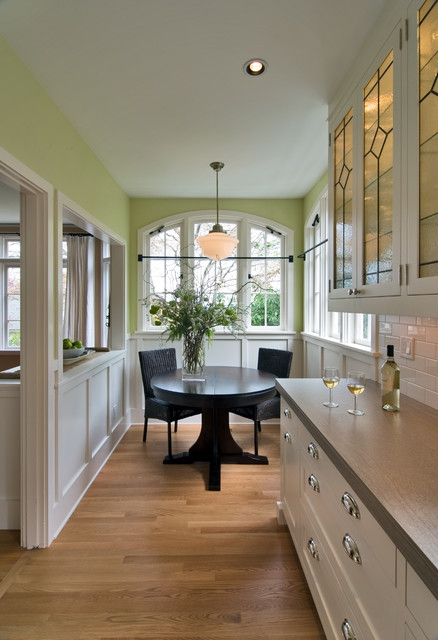Blog
You’ve been saving, planning, and dreaming of this moment for a while… you are finally ready to add custom cabinets to your home.
Whether it is a new home, a kitchen, or a finished basement, custom cabinets are a way to completely change a room. Choosing the right cabinet maker is just as important as designing your custom cabinets. You want a company that is skilled, knowledgeable and provides superb customer service. Here are some tips to help you find the best cabinet maker in your area.
#1. Make sure you are comfortable with them.
You may need some education and guidance when it comes to selecting custom cabinets. A superb cabinet manufacturing company will let you know your options and help you create a design. There are many ways custom cabinets can fit into a room! The cabinet maker should effortlessly guide you from consultation to installation.
#2. Look at the cabinet maker’s past work.
Any credible custom cabinet company should have a large gallery of past work on their website. This allows you to see what the company is capable of. It can also help you figure out the styles you like and dislike. What do they seem to highlight throughout their work? Do they love what they do?
#3. Check out their reviews and referrals.
Take a look at the company reviews as well. See if the site has any testimonials and look at their Google reviews. See if they have affiliations with the Better Business Bureau or Houzz. These are trustworthy associations that show the business is credible.
#4. See if the showroom is well kept.
A custom cabinet maker should have their own showroom to display various cabinet options. The staff’s passion for what they do should be obvious. Lastly, you should be welcomed when you come in, but not hounded. This brings us to the next thing you should look for… being pressured.
#5. Witness how passionate the staff is.#
They should be experts in the industry of custom cabinets. You should not be able to stump them with any questions. In fact, quiz them. You can see if they are there to just collect a check, or if they really love to talk about cabinets.
#6. The person talking to you isn’t pushy.
The custom cabinet makers shouldn’t be pushing you into the buying process as soon as you walk in. A good custom cabinet manufacturer will let their work do the talking for them. Custom cabinets are a large investment and you shouldn’t feel any pressure when considering them for your home.
#7. The company is upfront with costs.
An honest cabinet maker will let you know when something costs more and why. For example, choosing a unique wood or glass door cabinets will most likely increase the cost of your custom cabinets. Custom cabinets can get spendy and a proper company will help you stay within your budget.
Use these tips to your advantage.
Stick with your gut and use these tips to find an exceptional custom cabinet maker near you. We hope you finally get the custom cabinets you’ve been dreaming of! If you have any questions about the best cabinets for you, feel free to give us a call!
Getting started couldn’t be easier.
Call us today at 505-345-5626.

What to Know About Working With a Custom Cabinetmaker
Learn the benefits of going custom, along with possible projects, cabinetmakers’ pricing structures and more
The two biggest factors for choosing custom are attention to detail in the design phase and having the ability to seamlessly match millwork, trim or furniture pieces with the custom cabinetry. True custom cabinets offer customers the ability to have complete flexibility in their project designs. Special sizing constraints, uncommon wood types or finishes, and complicated design elements are not an issue when choosing a custom cabinet and millwork shop.
When you order stock cabinetry, you have to stick to standard cabinet sizing, and the fillers accommodate any unused space. This limits your choices in many ways and creates a lot of unused space that you won’t run into if you go the custom route. Custom guarantees that your designer is always working with a fresh, new perspective and you’re getting something uniquely you.
 From a product standpoint, custom shops use superior materials, hardware and construction methods. You will pay a bit more, but they will stand up to wear and tear, whereas the cheaper materials and hardware used in many off-the-shelf cabinets will break down much faster. For instance, a soft-close drawer slide may work fine for the first year or so, but we’ve gone into many homes and seen the compression piston fail, which results in a faulty slide.
From a product standpoint, custom shops use superior materials, hardware and construction methods. You will pay a bit more, but they will stand up to wear and tear, whereas the cheaper materials and hardware used in many off-the-shelf cabinets will break down much faster. For instance, a soft-close drawer slide may work fine for the first year or so, but we’ve gone into many homes and seen the compression piston fail, which results in a faulty slide.From a customer service standpoint, custom shops should take more time in the planning process to ensure your new cabinets do more than fill the space with storage, but also reflect your style and plans for how you intend to use your space.
We’ve worked on projects ranging from furniture-style bathroom vanities to swinging bookcases that conceal hidden rooms, arts and craft rooms, master closet organization and storage, custom-tailored wine cellars, breakfast nook built-ins, laundry rooms, bookcases, and dining tables and sideboards.
It’s true that we do mostly kitchens and baths, but we also do entertainment and wall units, fireplace surrounds, wall and ceiling paneling, furniture, home offices, closets, bars and beverage centers, pantries, laundry rooms and mudrooms, to name a few.
We use several types of design and manufacturing software. One is primarily used for giving clients detailed floor-plan and elevation views of their project, while simultaneously generating cut parts for all of the cabinets. This software also enables us to create photorealistic renderings for our clients. The second is used for drafting more complex projects which require further detail.
 We use a cabinetry program called CabinetVision, which allows us to render elevations and 3Ds in full color for clients. The program also allows us to rotate the room to allow the client the ability to get a good feel of the 3D space. They are able to see all details to the millwork, detailed crown molding or glass-door mullions. In addition, we have a skilled cabinet engineering team that collaborates with the designers to help get any creation from design into the computer accurately — helping for your vision to really come to life full circle.
We use a cabinetry program called CabinetVision, which allows us to render elevations and 3Ds in full color for clients. The program also allows us to rotate the room to allow the client the ability to get a good feel of the 3D space. They are able to see all details to the millwork, detailed crown molding or glass-door mullions. In addition, we have a skilled cabinet engineering team that collaborates with the designers to help get any creation from design into the computer accurately — helping for your vision to really come to life full circle.We use a 3D rendering software called KPS, which is a version of Planit developed in Germany that includes our catalogs already inside the software. This can show what our kitchens would look like and also generate a detailed item list with pricing.
We have a general pricing structure based on lineal footage for standard cabinet runs: bases, uppers, full heights. This price varies based on the cabinet construction method — frameless, inset face frame — and wood species. Upgrades are applied for things like exotic wood species, hardwood dovetailed drawer boxes, custom glazed or distressed finishes, and radius doors and moldings.
We charge by the project. The thing about custom is that it’s not accurate for us to ballpark a figure for a project. It’s easier to work within a client’s budget and make a list of what is most important to be included. Material costs, labor and finishing can vary greatly depending on what the client chooses.
As when hiring any professional to work in your home, do your homework. When you meet with the owner or salesperson of the custom cabinet shop, try to get a feel for his or her passion about their craft and ability to provide you with what you are looking for. Also try to set up visits to some of their recent projects. From my experience, most past clients who are pleased about the way their projects turned out are usually more than willing to allow potential clients in to see it and offer up a great referral.
Most kitchen designers have completed either an interior design or decorating program at college or university. This provides the designer with the fundamentals for space planning, millwork, materials and colors. The homeowner can look at the years the company has been in business in the community; the more years in business, the more experience in the industry.
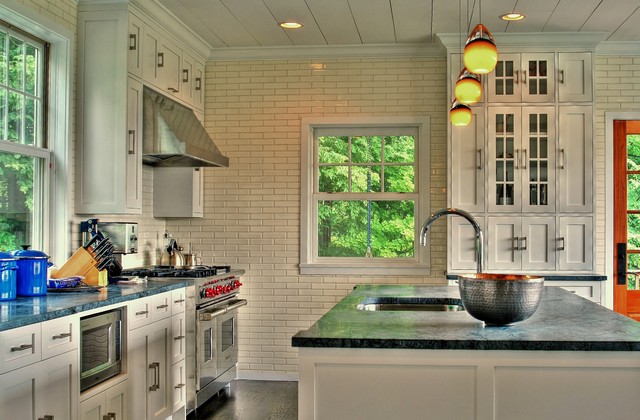 Look for a passion and attention-to-detail quality of the owner/operator. Also referrals, photos, scheduled site and/or shop visits, and accreditation are good signs of a professional.
Look for a passion and attention-to-detail quality of the owner/operator. Also referrals, photos, scheduled site and/or shop visits, and accreditation are good signs of a professional.Accreditation and affiliations such as the National Kitchen & Bath Association, local Home Builders Associations and the Better Business Bureau can also help a homeowner feel confident in their decision. Homeowners should do a bit of research prior to working with one company. Ask around to friends or families to see who they used for their cabinetry and what their experience was like.


